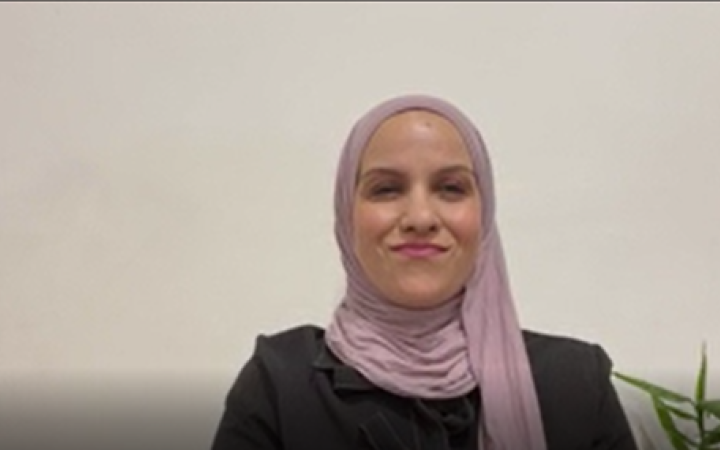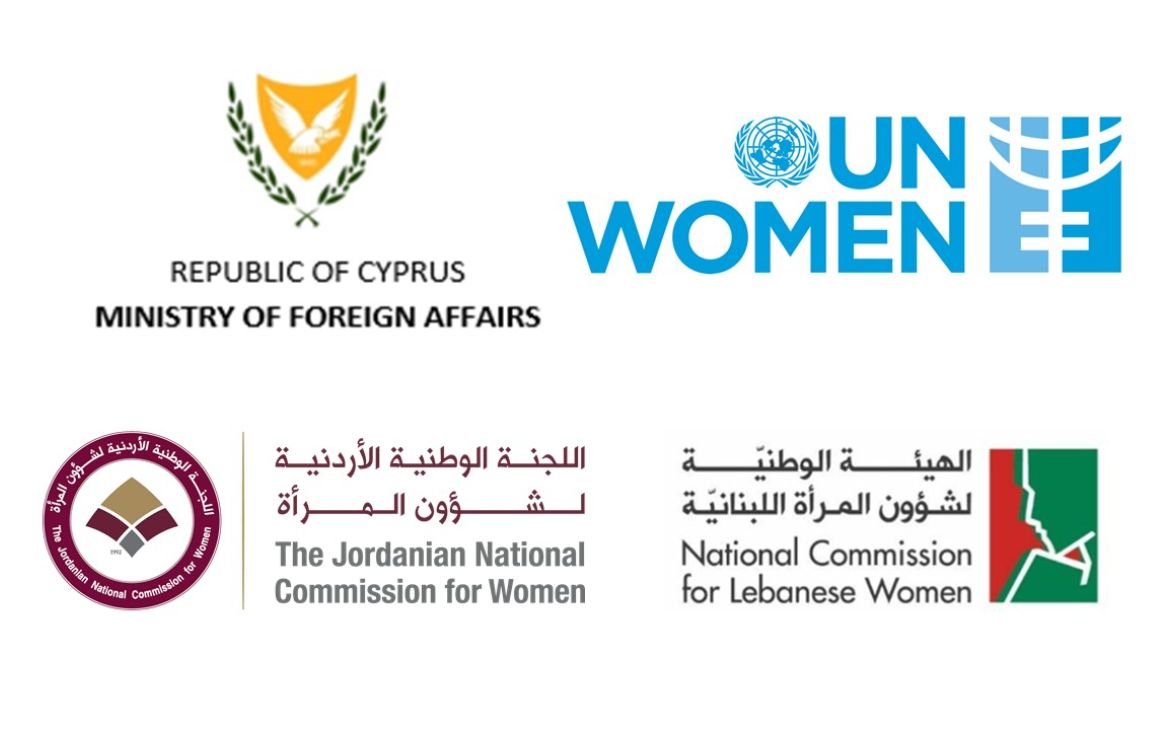18 June, 2021, Hiroshima, Japan - As women take on increasingly more significant roles in the workplace – holding a wide range of positions and responsibilities – the need for gender equality and women’s empowerment is ever more evident. To this end, the Governments of Jordan and Lebanon have been working to advance National Strategies/Action Plans for Women and around United Nations Security Council Resolution (UNSCR) 1325 on Women, Peace and Security.
To support these governments, UNITAR Division for Prosperity launched the Gender Empowerment Now: Building Capacity to Mainstream Gender Equality and Women’s Empowerment (GEWE) into Government Policy for Jordan and Lebanon programme, with the assistance of the Cypriot Government and UN Women.
The programme built the capacity of government officials responsible for gender issues in Jordan and Lebanon so that they can better develop and implement their respective national action plans to support UNSCR1325 and national strategies for women.
Participants came from a variety of departments, including energy, environment, security, tourism, foreign affairs, and education. The majority of officials working on gender issues are women, and hence, nearly 95% of the participants were women.
The multifaceted online training programme comprised of self-paced courses, webinars by experts, group discussions and peer review, and self-led projects that taught participants about global, regional and local trends in gender mainstreaming. Participants became better able to understand, develop, and analyse action plans that incorporate gendered statistics and robust monitoring and evaluation frameworks. They also developed preliminary action plans so they could apply what they had learned in their respective ministries and governmental institutions.
Perhaps most importantly, the UNITAR programme supported the participants’ longer-term learning and action by connecting them with mentors and a network of officials across the region who hold similar positions. These support systems will allow participants to continue learn from each other’s experiences and identify best practices in promoting gender equality and women’s empowerment.
A survey of participants at the end of the programme showed that the training had been a triumph: 92% of the participants considered the training practical and useful, 94% would recommend it to their colleagues, and 98% showed interest in further UNITAR programmes.
The participants in particular appreciated understanding the relationship between gender and the achievement of the Sustainable Development Goals (SDGs). In the words of Majd Al-Qudah, Researcher at the department for the development of the institutional performance and policies in the Jordanian Cabinet:
I found the module on gender equality and SDGs to be very useful, as it drew my attention to the importance of ensuring that the SDGs are incorporated in all government policies, projects and plans, and that fulfilling the SDGs will not happen without the attainment of gender equality and mainstreaming.
The participants also had recommendations for UNITAR to improve the programme for future iterations. Some called for continued collaboration with UNITAR, the mobile learning platform EdApp, and the concerned ministries to boost performance. Others also requested continued engagement from UNITAR for the mentorship programmes and follow-up.
Finally, participants suggested further gender-related topics to be included in future training programmes. Topics included gender-based violence, gender justice, gender analysis of laws, and the role of women entrepreneurs.
Ghadia Faour, Head of Implementation Service - Buildings, Ministry of Public Works and Transportation, Lebanon, said:
I found this course highly informative. It gave me a wider approach on how to implement solutions to issues that matter most. Thank you for your assistance and support.
About UNITAR
The United Nations Institute for Training and Research (UNITAR) provides innovative learning solutions to individuals, organizations and institutions to enhance global decision-making and support country-level action for shaping a better future.
Located in Hiroshima, UNITAR's Division for Prosperity offers world-class learning and knowledge-sharing services to present and future change makers from developing countries, particularly youth and women, that are designed to shape an inclusive, sustainable and prosperous world.
Our programmes are dedicated to addressing growing inequalities, working in solidarity with diverse partners at the local, regional and global levels.



